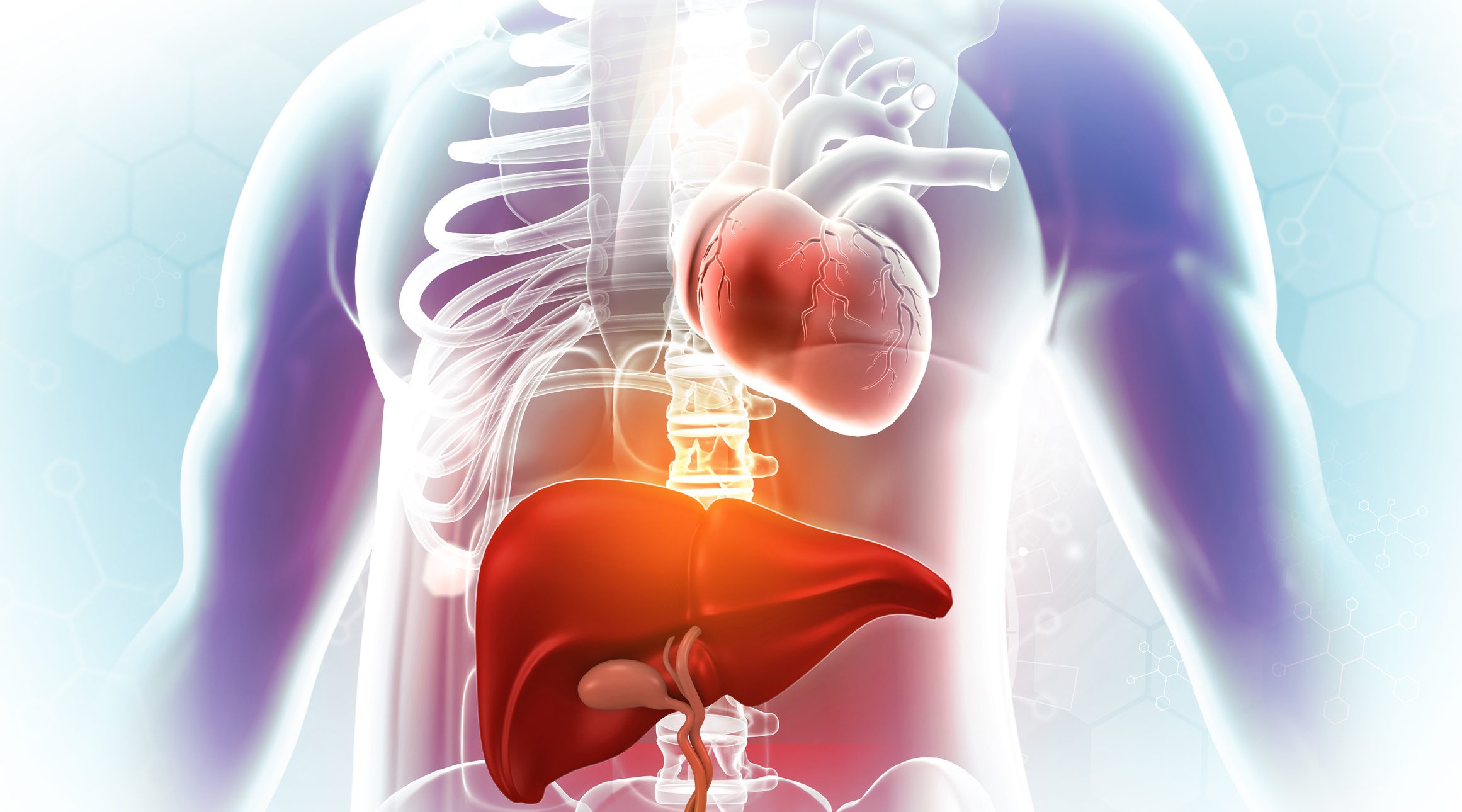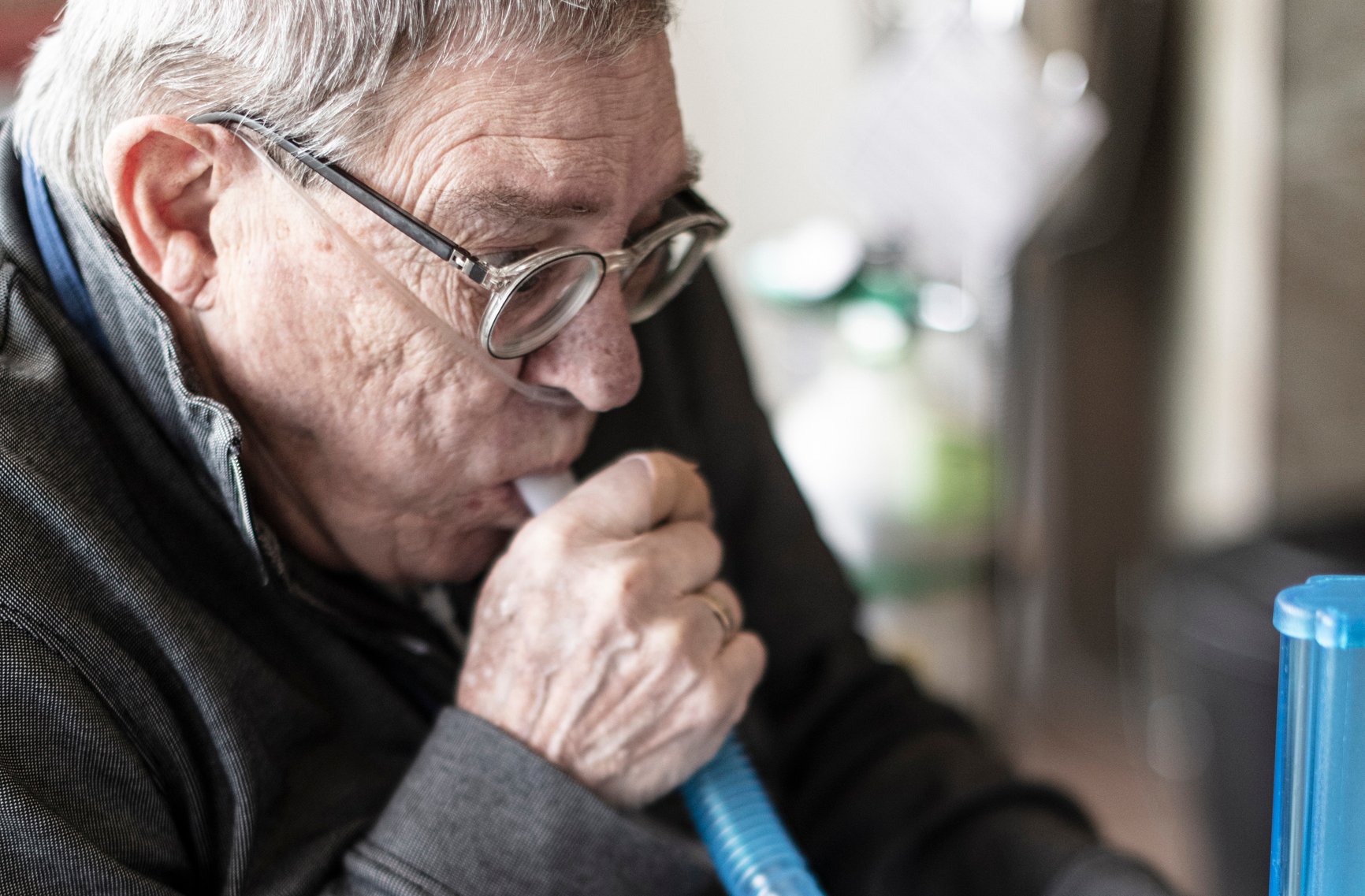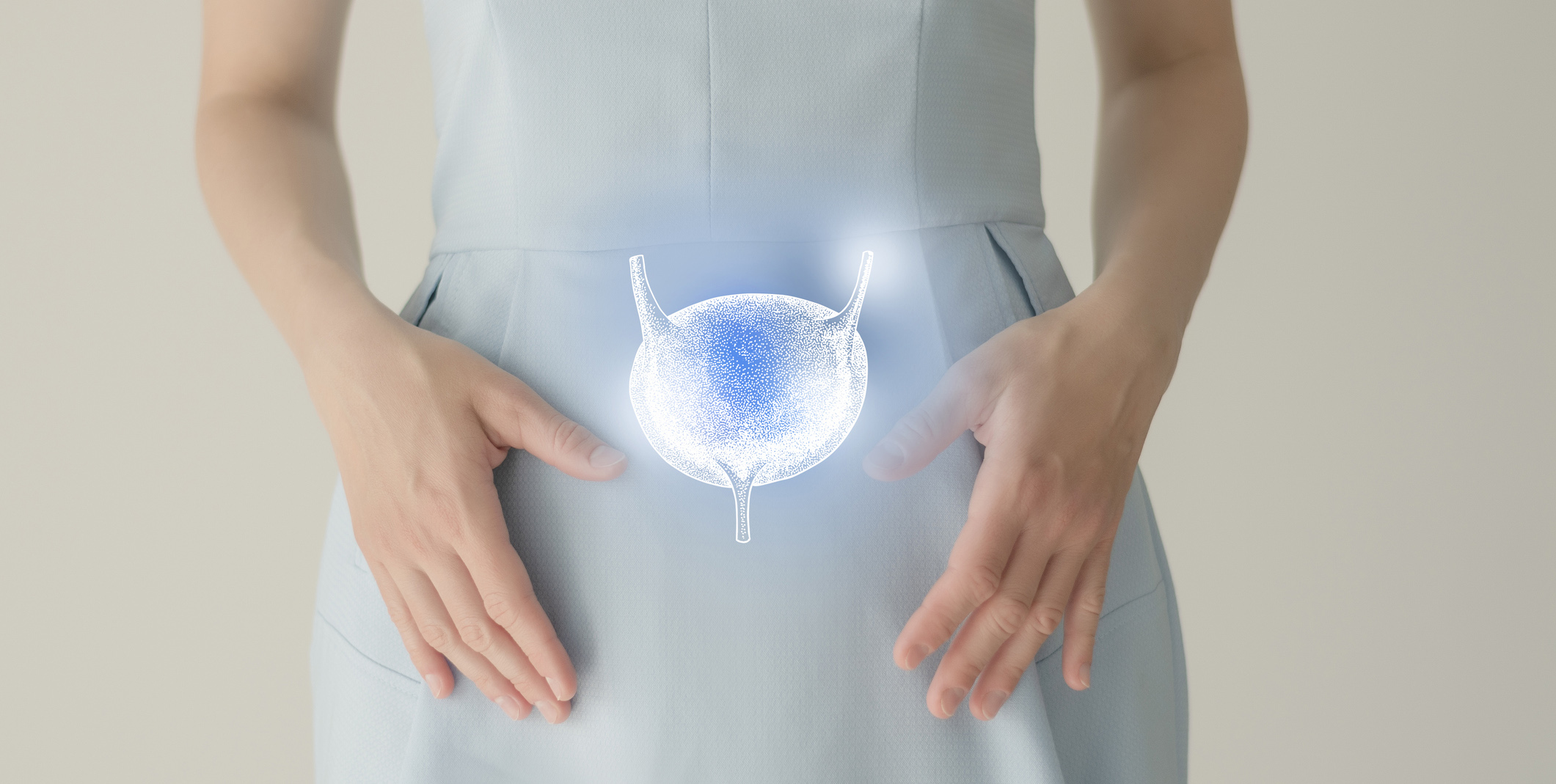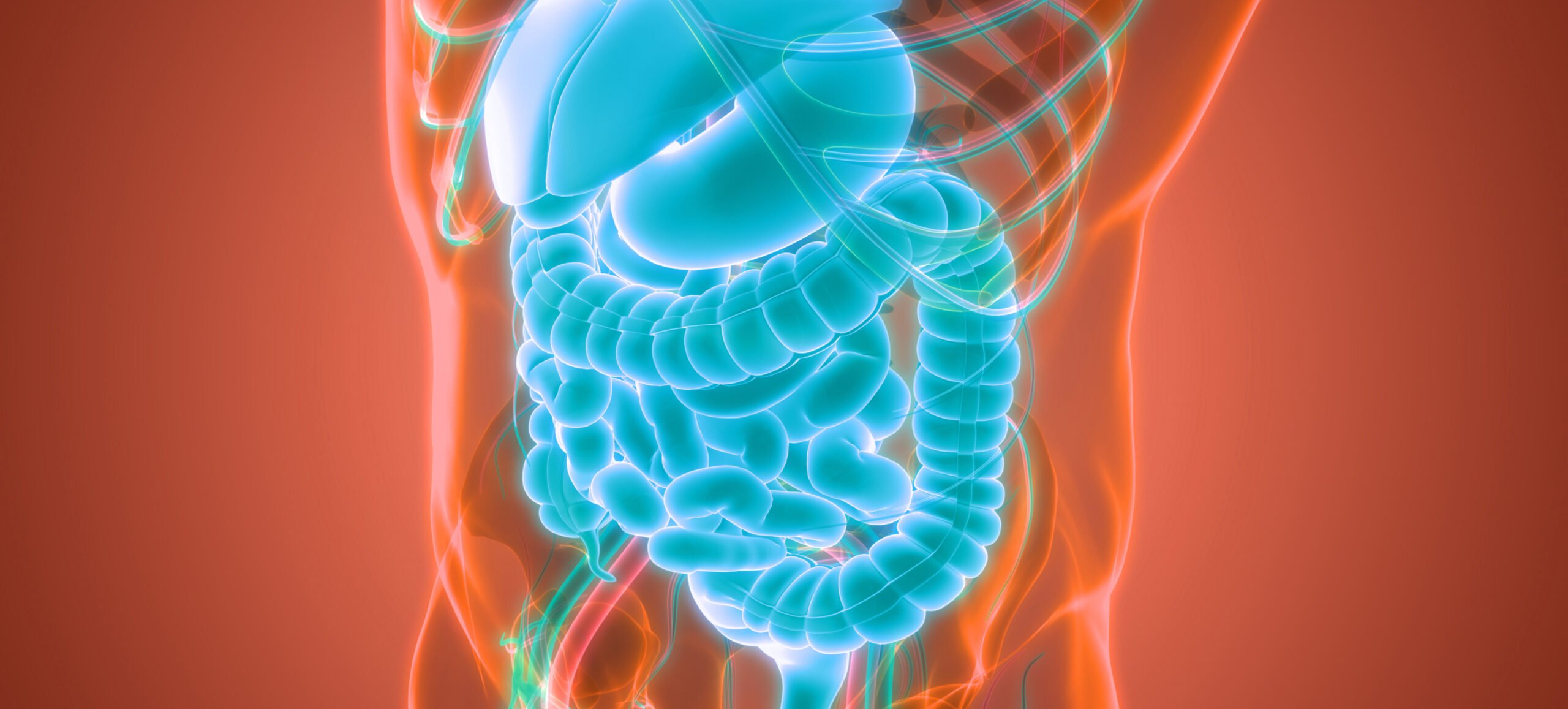The close functional connection between the liver and the heart plays a central role in the development and progression of cardiometabolic diseases. While cardiovascular and hepatic pathologies have long been considered separately, recent studies show a reciprocal interplay between liver and heart dysfunction, ranging from insulin resistance to chronic inflammatory processes and hemodynamic stress. A review article comprehensively examines the physiological basis of liver-heart interaction, pathophysiological mechanisms in various liver diseases, the role of the heart as a “liver driver” and innovative methods for researching this “interorgan” dialog.
You May Also Like
- Music as a cure for cancer?
Music therapy in Swiss oncology
- Clinical significance, pathophysiology, diagnosis and management
Frailty in COPD
- Bladder infections and urinary tract infections
Survey reveals information deficits in the population
- Early detection of type 1 diabetes
Detection of insulin autoantibodies as an early marker
- Type 2 diabetes
Smoking causes more than double the risk
- From symptom to diagnosis
Abdominal pain – Colitis
- Pathophysiology, cardiovascular consequences and metabolic interventions
Obesity accelerates cardiovascular ageing
- CKD: counteracting kidney progression and reducing the risk of CVD











